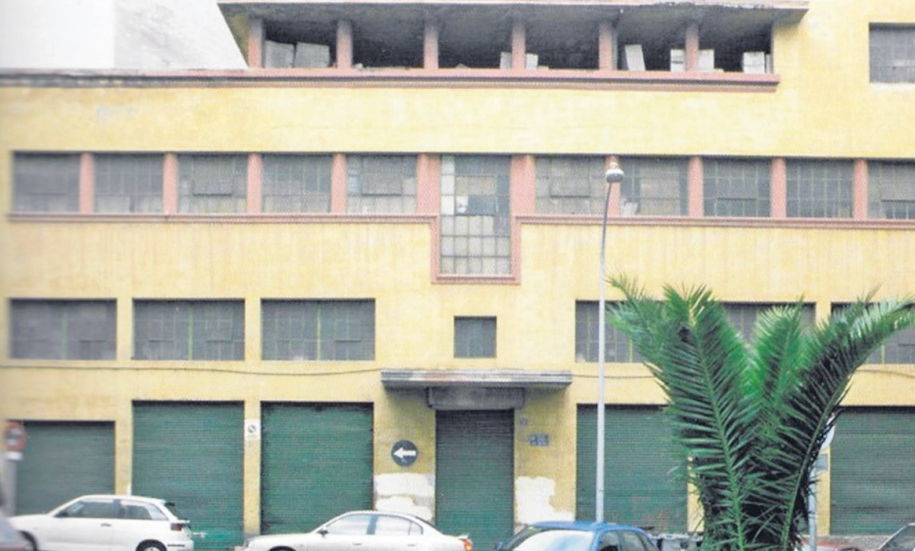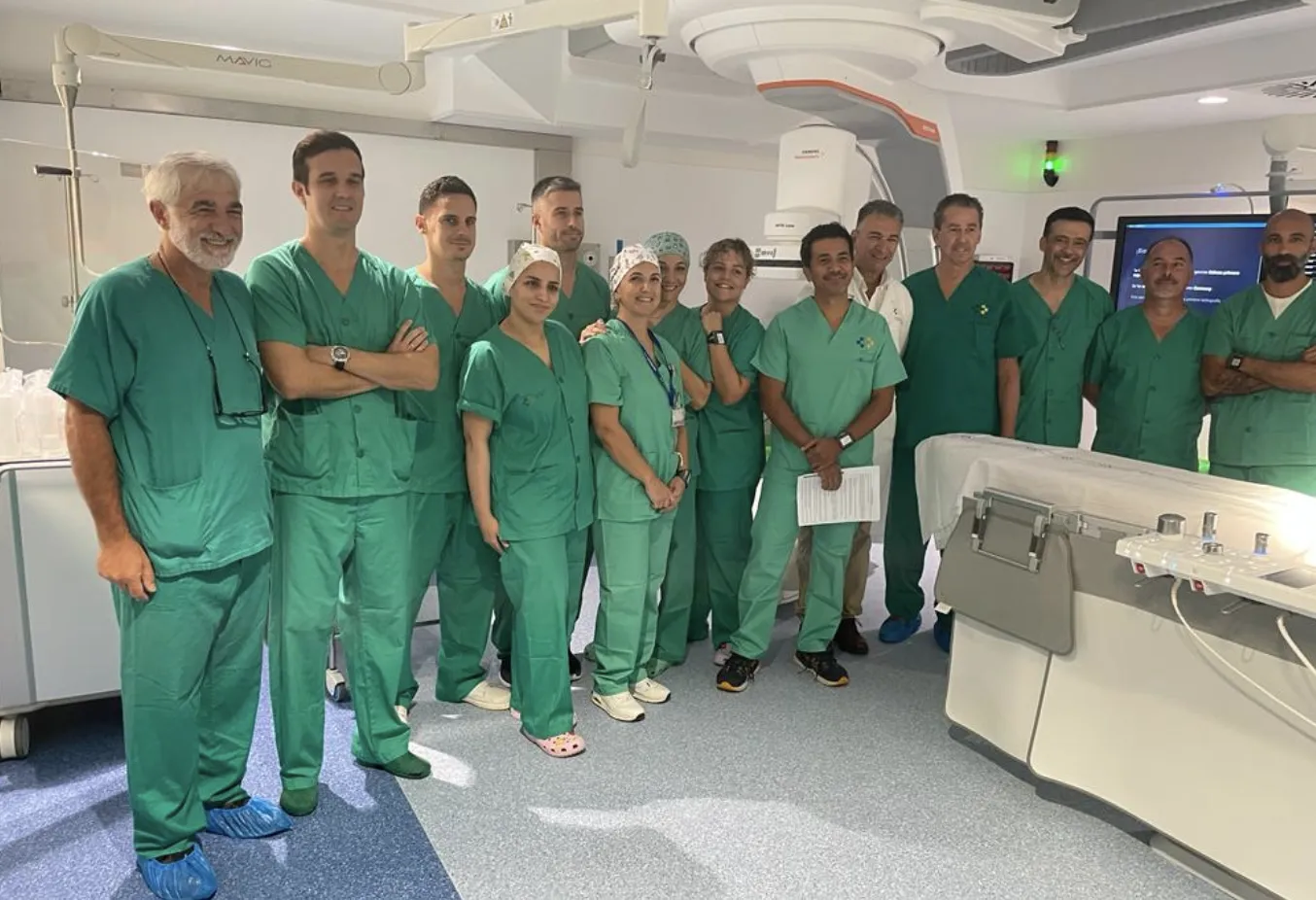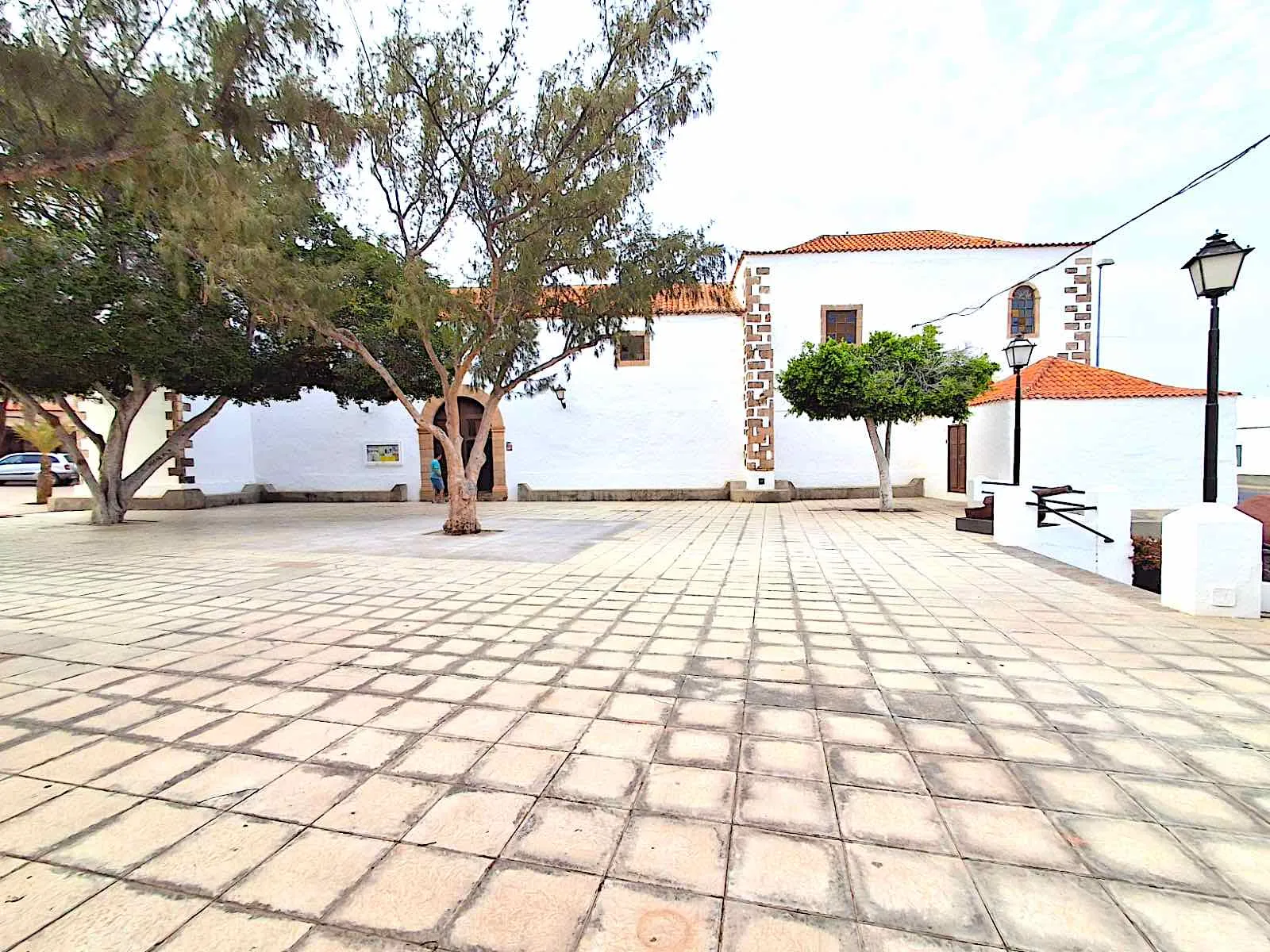The Association of Vine Growers and Winemakers of the Canary Islands (AVIBO) has expressed its “deep concern” regarding the management of the phylloxera crisis in Tenerife, denouncing that the measures taken by the authorities are “disproportionate” and lack scientific backing.
According to AVIBO, the requirement for a technical report for all grape harvests destined for wineries outside traditional farming areas is “operationally unfeasible,” as it would necessitate inspecting over 1,000 plots during the peak harvesting period without the required human resources. “Rather than providing solutions, this measure could collapse the current campaign,” the organisation warns.
Official data indicates that only 30 infected vines have been detected so far in a very limited area, most of which are located on public land. In contrast, Tenerife boasts more than 3,000 hectares of vineyards and over 10 million vines.
In this context, AVIBO argues that restrictions should be focused on the affected area and enhance monitoring across the rest of the island, rather than imposing “indiscriminate” limitations in areas where phylloxera is not present.
Criticism of the organisational model of the sector
The association believes this episode reveals the shortcomings of the organisational model which the authorities have provided to the wine sector. “Populist, unfounded, and disproportionate measures jeopardise a strategic sector for the Canary Islands, with nearly 7,000 hectares and over 8,000 vine growers,” claims AVIBO.
It also highlights that the sector has been in decline for a decade, losing over 300 hectares of vineyards annually, facing a lack of generational renewal, and a recent rejection of a grant of over one million euros intended to improve varieties and enhance the viability of the operations.
AVIBO emphasises that its response to the crisis has been “coherent, rigorous, and responsible,” having developed a Contingency Report on Phylloxera to guide decision-making from the outset. Furthermore, it insists on the need to establish a Technical Crisis Committee and implement proportional measures based on scientific criteria.
“Only a scientifically rigorous, proportional, and collaborative approach will enable us to overcome this crisis without compromising the future of Canarian wine,” concludes the association.
It is worth noting that preventive measures have also been taken in Lanzarote in response to this pest.














